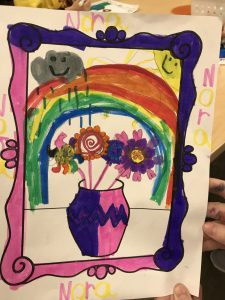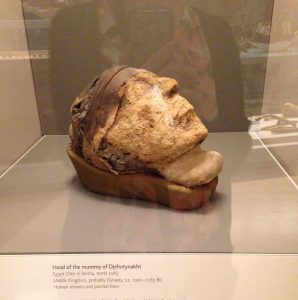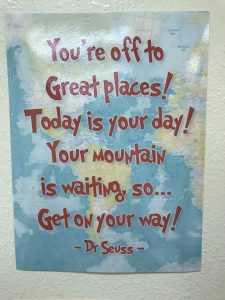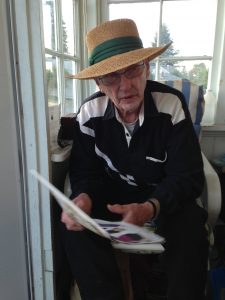In uneven times, we forget that the past and present are not neatly merged into this one new all-inclusive time. At the edges of the envelope, teachers begin to plan to ask students their preferred pronouns. “Do you prefer the singular they?” They want to know. These educators desire to create a welcoming space for their trans students, for the gender fluid and otherwise defined who have left the binary behind.
But a small, dark, elfin young woman reminded me of a fact that must be considered before we tackle pronouns: Not everyone is out. That woman is not out because she is afraid her father might become physically violent if she outed herself. She might be wrong about her dad — but she might not.
In her words, “pronouns can be swords.”
Eduhonesty: Some kids prefer life in closets. At least until they are out on their own, genuine questions of physical and mental safety may be in play. I support using preferred pronouns, but our adolescents today tend to be remarkably savvy about the world they live in. Beyond asking a class in general, ” if you have any special desires where pronouns are concerned, let me know,” I think I’d leave pronouns alone.





